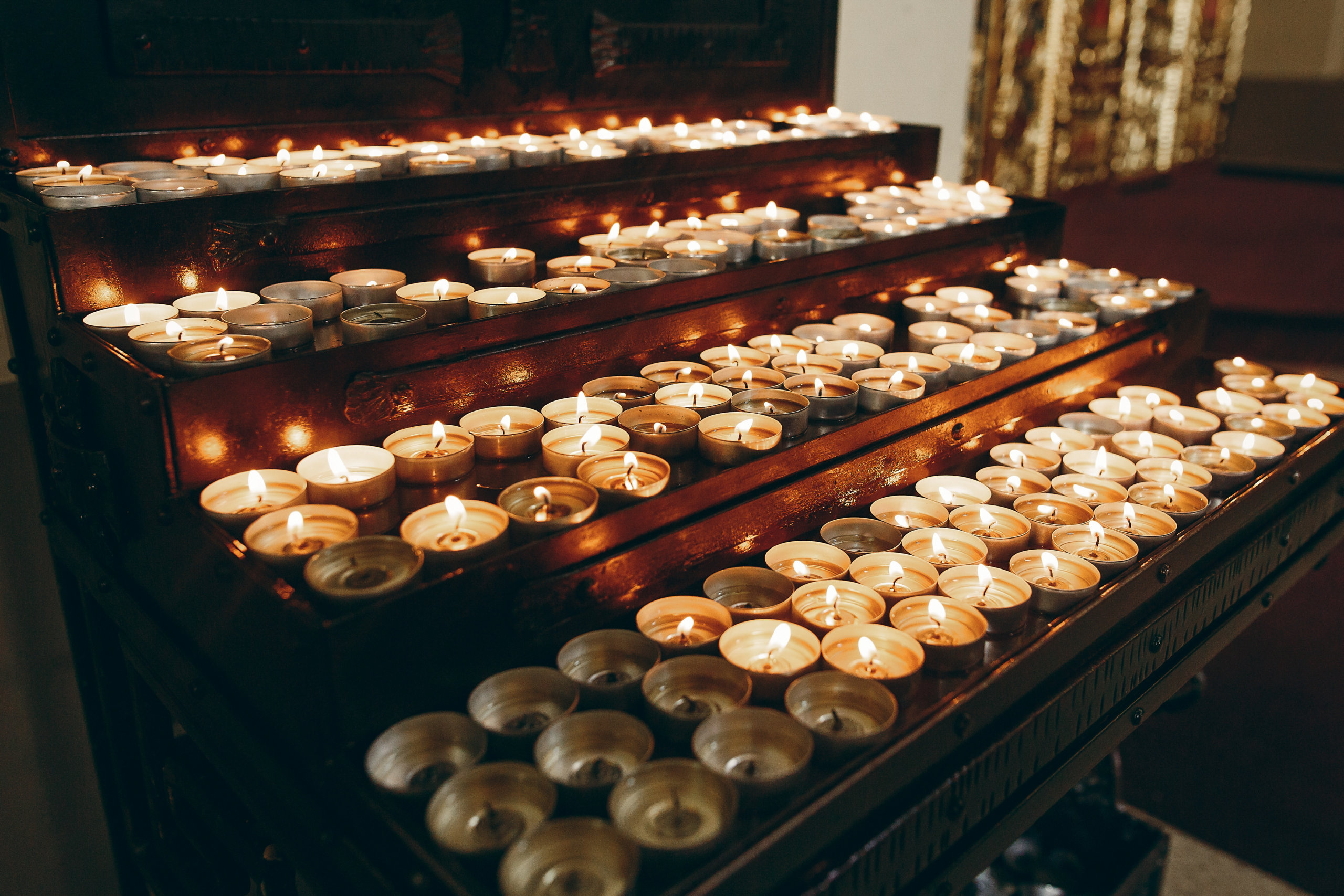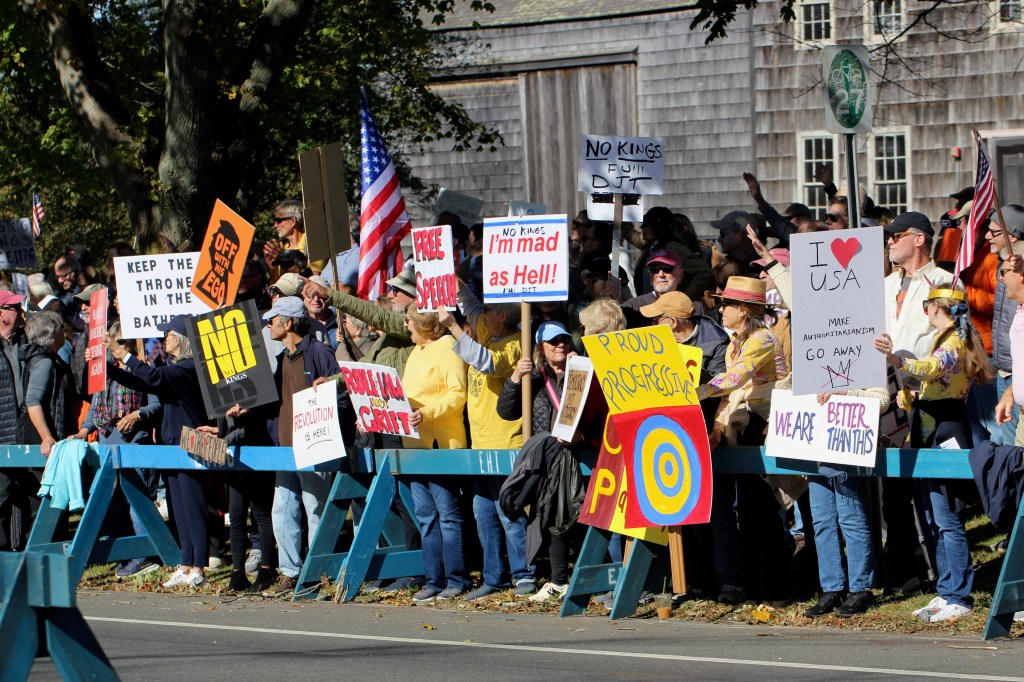Handling a Death Away from Home and Seeking Closure

Whether you’re a snowbird going to a warmer climate to escape winter weather or you’re traveling on a business trip, it’s wise to prepare for the unexpected. People fall victim to new or existing medical conditions, hate crimes, terrorist attacks and military invasions.
Death is always an overwhelming event, especially so when it occurs away from home. That’s why it’s wise to carry a wallet-sized card listing the names of your next-of-kin, the telephone number of your funeral director and stating whether any funeral pre-arrangements have been made. Most travelers wouldn’t dream of leaving home on an extended trip without carrying along copies of prescriptions, yet how many think to include personal information that would facilitate their final arrangements if the unthinkable happens?
Robert Ruggiero, a licensed New York City funeral director, offers these suggestions to help cope with death away from home.
Don’t leave the body. The most frequent response by family members experiencing a death away from home is to hurry home to begin funeral arrangements. However, most deaths that occur while traveling are sudden and require an investigation by the local medical examiner’s office and police department. The family member traveling with the person who remains available to the authorities at the place of death will expedite the return process.
If a person has died and family is not with the deceased, survivors should not fly out to the place of death. With today’s technology, there’s a good possibility that if identification is required, survivors can save time by staying home and requesting another means to accomplish the necessary procedures.
Appoint your hometown funeral director as the “point person.” Allow him or her to select the means of returning your loved one home. Your family funeral director is familiar with the necessary procedures to ease the process for you.
If the death occurs overseas, the U.S. State Department’s Bureau of Consular Affairs in Washington, D.C. or the local embassy can provide emergency assistance for Americans traveling overseas who encounter a tragedy of this nature. For more information visit the Bureau of Consular Affairs website travel.state.gov/content/passports/en/abroad/events-and-records/death.html, or call 202-647-5225.
Any expense will ultimately be the responsibility of the bereaved family but because of the State Department’s intervention, there may be no immediate upfront expense in most cases. For further advice, you might want to call your local funeral director before leaving home.
Is closure ever possible?
What of those on the other side of tragedy, waiting for a loved one’s return from work or a trip abroad? How can they begin to process what’s happened and move forward with their lives?
We hear people talking about “closure” as if there is a door that can be shut after experiencing a tragedy in our lives, losing a loved one or being witness to a horrific event.
Friends might ask, “Haven’t you reached closure yet?” But grief cannot be forced or pushed or closed off from our minds. There is no magic formula for working through grief.
The fact of the matter is that grief must be expressed and dealt with. We all experience and react to loss in different ways depending on the relationship of the deceased to us, our past experiences with loss, and sometimes even our health and emotional state.
Grieving for a lost loved one can take years, sometimes a lifetime. According to Curtis Rostad, a certified funeral service practitioner who has been a licensed funeral director since 1973, there is no such thing as closure. He maintains that those who refuse to begin the journey through grief simply delay their own recovery.
Rostad goes on to explain why he thinks the concept of closure is mentioned so often in today’s culture. “It should come as little surprise that a generation of people brought up with minute rice, instant coffee and microwave ovens would search for quick relief from something we call grief,” he says. “We hear it from those who go to the scene of a disaster where their family member has died. We hear it from those who witness the execution of the person convicted of killing their loved one. We hear it expressed by those who have someone missing in war.”
In Rostad’s long experience in helping families deal with grief, he has found that seeking closure only produces feelings of frustration that join the emotions of sorrow. There is no closure, but there is a point where people have a great deal of acceptance, even peace of mind, and are able to move on to a different frame of mind. It’s a frame of mind that leaves them supported by the memories, but empowered to continue with their lives knowing they did all they could do with respect to the person they lost.
Why would anyone seek closure? Why would anyone want to close the door on thoughts about a departed loved one?
Grief will soften in the years after a loss, but the door to memories should always be open.
~Courtesy NYS Funeral Directors Association









